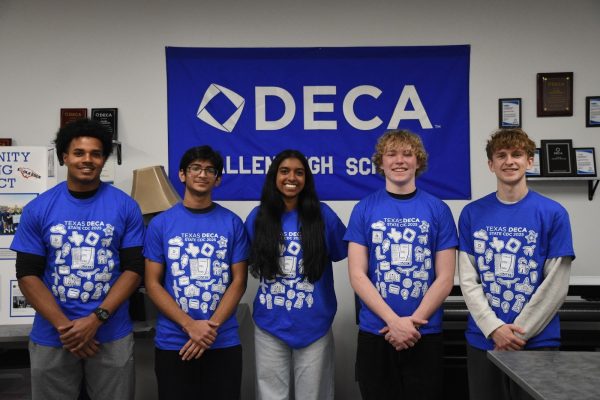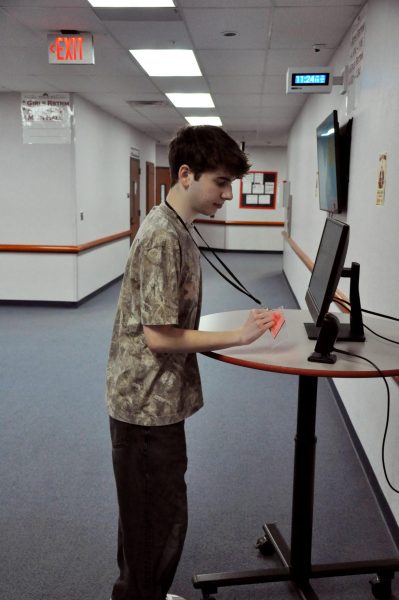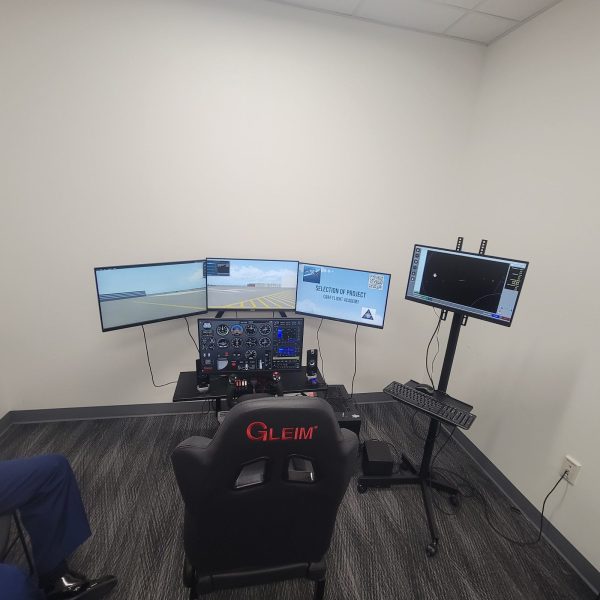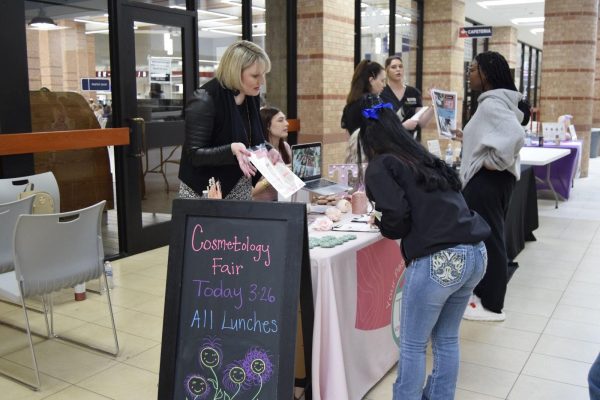Focusing on Forensics
A group of students are hunched over a microscope, peering through the lense with rapt attention. They talk animatedly about the subject of their study, and upon closer inspection, one discovers that they are examining their own hair follicles. This is a common sight in the forensic science classes at Allen High School, where there is no shortage of curiosity concerning the elements of crime scene investigation.
The 2017-2018 school year marks the second time forensic science has been offered to students. It provides an alternative option for juniors and seniors who wish to take an untraditional route for their fourth science course. The course has become more popular than last year due to its hands-on curriculum and interactive nature.
“Last year we only has three sections, but this year we have seven,” forensic science teacher Tara Allgood said. “I would say that it’s a pretty popular selection for kids who don’t really want to do AP, or maybe they have done AP and want to do something else.”
Students have the opportunity to delve into the complexities of forensic science with a wide range of topics, according to forensic science teachers Darren Hayes and Allgood. The class explores careers, alcohol and drugs, blood spatter and human remains, just to name a few subjects. The extensiveness of the course helps students improve in every area of study.
“Any time you have to produce evidence of something, it helps in banking; buying a house; keeping your checkbook,” Allgood said. “Those are all life skills. It’s somewhere you have to dot all your i’s and cross all your t’s, so I think that forensic science helps you capitalize on that.”
Forensic science is student-centered scientific inquiry through experimentation, as said by Hayes. The course is extremely hands-on in its approach, including simulated crimes scenes with fingerprint analysis and ballistics. Like all science courses, evidence is required to confirm a claim. Its emphasis on documenting and producing evidence can assist students in convicting or exonerating somebody.
“[The curriculum] enhances critical thinking, problem solving and diligence to detail,” Hayes said. “It’s also a sense of accomplishment when you do come up with the right product.”
The class provides students with a different approach to learning, and even those not particularly interested in pursuing a career in law enforcement can benefit from the extensive experimentation. Any student who is eager to learn, enjoys participatory work, and is self disciplined has the ability to thrive in this fourth science option, according to Hayes. For those interested in other scientific fields, forensic science provides new information and helpful analysis skills that can be applied to other areas such as biology and chemistry.
“I think that this class is just as useful as other science classes because it is a specialized course that is able to teach students that are interested in forensics,” junior Bailey Monzingo said. “It also opens up new opportunities for students who are curious about different fields in science.”
Students study real-life crime scenes extensively throughout the course, including talks with FBI agents. An upcoming field trip to the Dealey Plaza — John F. Kennedy’s assassination location — will allow students to utilize the skills they have been honing over the last semester. Students will also participate in an interactive investigation, during which they will examine the evidence and determine the perpetrator of the crime.
“I took forensic science because it was something completely different from any class that I’ve taken before,” Monzingo said. “This class is a lot more hands-on than I initially expected, which makes it even more interesting and fun to learn.”
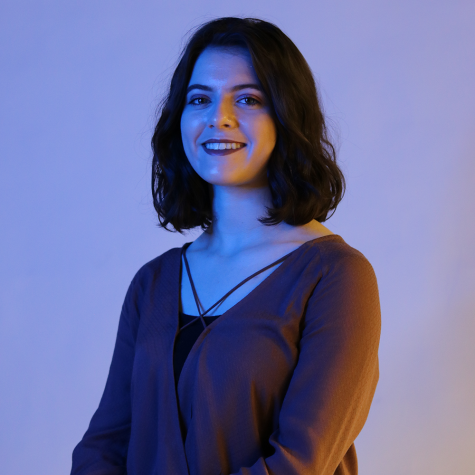
Senior Morgan Pryor is a film enthusiast, visual artist and regular Comic-Con attendee. She plans on going to college to study studio art and journalism.


